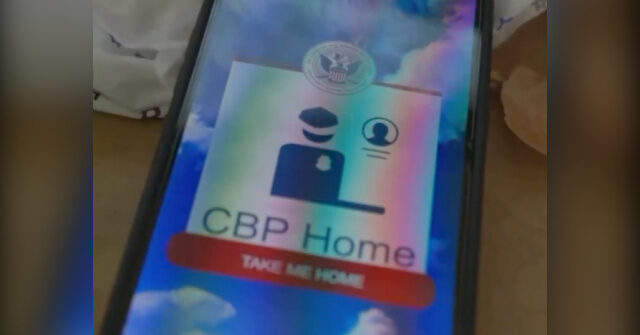Mar 27
2024
No Surprises Act in 2024: What’s Been Accomplished and Where We’re Headed with Price Transparency
By Derek Reis-Larson, senior vice president, claims pricing services, MultiPlan.
Medical costs continue to vary widely by location, provider, and coverage type, making it difficult for patients to understand the true cost of care and inhibiting their ability to compare pricing. Sweeping bi-partisan healthcare reform was put into action at the beginning of 2022 to help improve the healthcare experience for out-of-network patients with the ultimate goal of alleviating any surprise bills following care delivery.
More specifically, the No Surprises Act (NSA), which was put into effect on Jan. 1, 2022, was implemented to make it easier for consumers to understand how much they will pay, compare costs, make more informed provider selections, and be protected from surprise bills after receiving care. Since then, there have been significant industry hurdles in adopting the new measures, such as the Independent Dispute Resolution (IDR) process and its efficiency.
Current proceedings
On Nov. 3, 2023, the Biden Administration released the Federal Independent Dispute Resolution (IDR) Operations Process Proposed Rules to address backlash and improve the IDR process to ensure timely payment determinations. Pain points these rules attempt to address include the unexpectedly high volume of IDR cases, the high proportion of ineligible claims submitted for IDR, and the inadequate sharing of information between the parties in the initial stages of the process.
None of the proposals included in these Proposed Rules will be effective without a Final Rule being published. The administration requested feedback on these rules should they be adopted, and comments were initially due by January 2, 2024, and were reopened for an additional fourteen-day period in January. On Dec. 15, 2023, the Departments reopened the Federal IDR portal for all dispute types, including previously initiated batched disputes, new batched disputes, and new single disputes involving air ambulance services. With this reopening, parties could access extensions of certain IDR deadlines.
Areas for improvement
The IDR process has resulted in many challenges, including a lack of communication and difficulty navigating the short timelines associated with the required steps. There is a disconnect specifically in the dispute initiation process with the information required, and it has led to delayed answers. The hope is that alterations will be made so there is more clarity surrounding parties’ information sharing to eventually result in more efficient eligibility decisions. Overall, functionality is not ideal, so more changes are in sight to improve the IDR process including insurer requirements for their disclosure of information with the initial payment or denial of payment, with the addition of other updates.
Additionally, some claims are being mis-bundled by providers as they enter the IDR process. Because the timelines for resolution are short, there is not much room for a detailed analysis of the claims being submitted. For example, determining whether a claim is for the correct plan, or if it is ineligible (i.e., fully insured and covered by state law vs. the NSA) before the short window to submit eligibility challenges ends.
More formalized communication has been proposed to occur earlier in the claims process to mediate some of these challenges. Many of the frustrations lie heavily in the functionality of the IDR portal, which may be improved under the IDR Operations proposed rule should it be adopted, but there is uncertainty about how that will be accomplished in the short term.
Looking ahead
No legislative action is expected soon in terms of changing the NSA, especially during an election year. Hearings have been held, but those are not related to particular bills and are more so serving as a space for parties to air their grievances on the process. The administration has held open forums and heard many grievances throughout the implementation of NSA, so there is strong industry interest in the IDR Operations proposed rule, which will take time to finalize.
Many health plans run into issues where a claim was ineligible, but the timeline for the IDR entities to evaluate eligibility is so short that claims may make it all the way to a determination even though they should not be handled under the NSA. The administration is aware of this issue and is taking steps to identify ineligibility earlier in the process or preferably altogether moving forward. With eligibility challenges, providers feel as though they are being penalized and that the current system is unfair with reimbursement practices.
Among the many challenges throughout the process of implementing NSA, more input and collaborative discussion from the various parties, including both providers and plans, will become increasingly important to identify and resolve pain points in the process. The widely available pricing information instilled by the transparency rules back in 2020 and the addition of NSA was meant to drive competition between providers and give patients the necessary resources to proactively manage healthcare costs.
With the challenges that have appeared through the implementation of NSA and those that will come up in the future, payors must ensure they are compliant with the most up-to-date rulings and amendments. Although transparency requirements have made more data available, that is unlikely to move the needle on the cost of care if consumers do not use the information to make better spending decisions. There is unfortunately no quick fix for the complexities of healthcare pricing transparency, billing, reimbursement, or resolution, but the right steps are being taken to reduce tensions in this all-important realm of the healthcare ecosystem.



















Discussion about this post